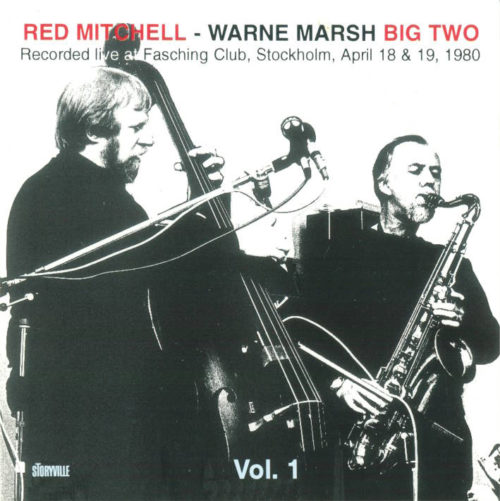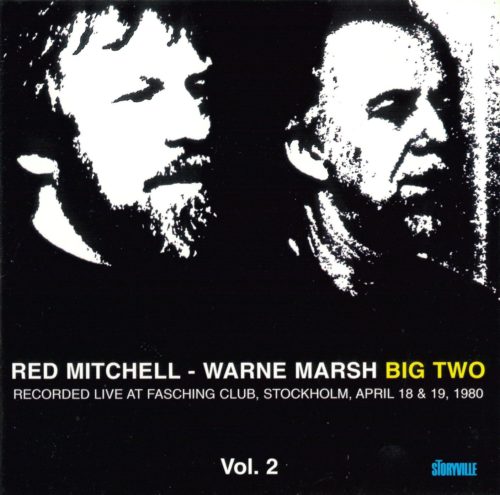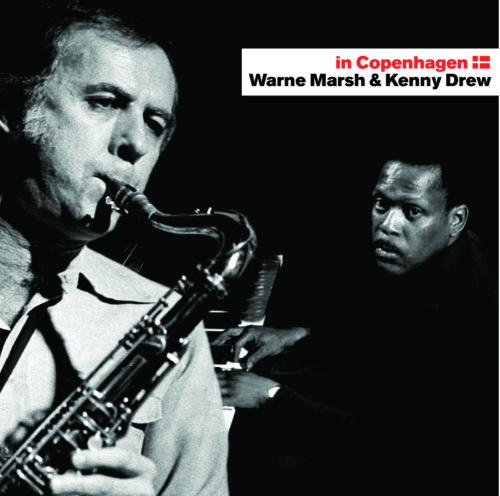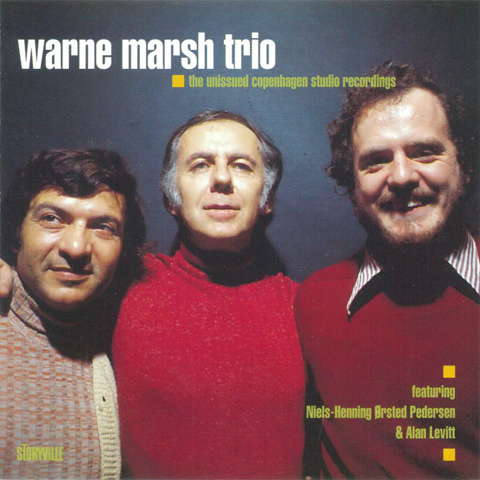Warne Marion Marsh (26 October 1927 – 18 December 1987) was an American tenor saxophonist. Born in Los Angeles, his restrained, cerebral playing first came to prominence in the 1950s as a protégé of pianist Lennie Tristano, and earned attention in the 1970s as a member of Supersax. Marsh came from an affluent background: his father was the cinematographer Oliver T. Marsh (1892–1941), and his mother Elizabeth was a violinist. Actress Mae Marsh was his aunt. He was tutored by Lennie Tristano and, along with Lee Konitz, became one of the pre-eminent saxophonists of the Tristano-inspired “Cool School”. Of all of Tristano’s students, Marsh arguably came closest to typifying Tristano’s ideals of improvised lines, in some respects, even transcending the master himself. Marsh was often recorded in the company of other Cool School musicians, and remained one of the most faithful to the Tristano philosophy of improvisation – the faith in the purity of the long line, the avoidance of licks and emotional chain-pulling, the concentration on endlessly mining the same small body of jazz standards. While Marsh was a generally cool-toned player, Critic Scott Yanow notes that Marsh played with “more fire than one would expect” in certain contexts. Marsh’s rhythmically subtle lines are immediately recognizable. He has been called by Anthony Braxton “the greatest vertical improviser” (i.e., improvising that emphasizes harmony/chords more than melody). In the 1970s he gained renewed exposure as a member of Supersax, a large ensemble which played orchestral arrangements of Charlie Parker solos. Marsh also recorded one of his most celebrated albums, All Music, with the Supersax rhythm section during this period. Marsh died onstage at the Los Angeles club Donte’s in 1987, in the middle of playing the tune “Out of Nowhere”. He left a widow, Geraldyne Marsh, and two sons, K.C. Marsh and Jason Marsh. Though he remains something of a cult figure among jazz fans and musicians, his influence has grown since his death; younger players such as Mark Turner have borrowed from his music as a way of counterbalancing the pervasive influence of John Coltrane. Marsh’s discography remains somewhat scattered and elusive, as much of it was done for small labels, but more and more of his work has been issued on compact disc in recent years.














